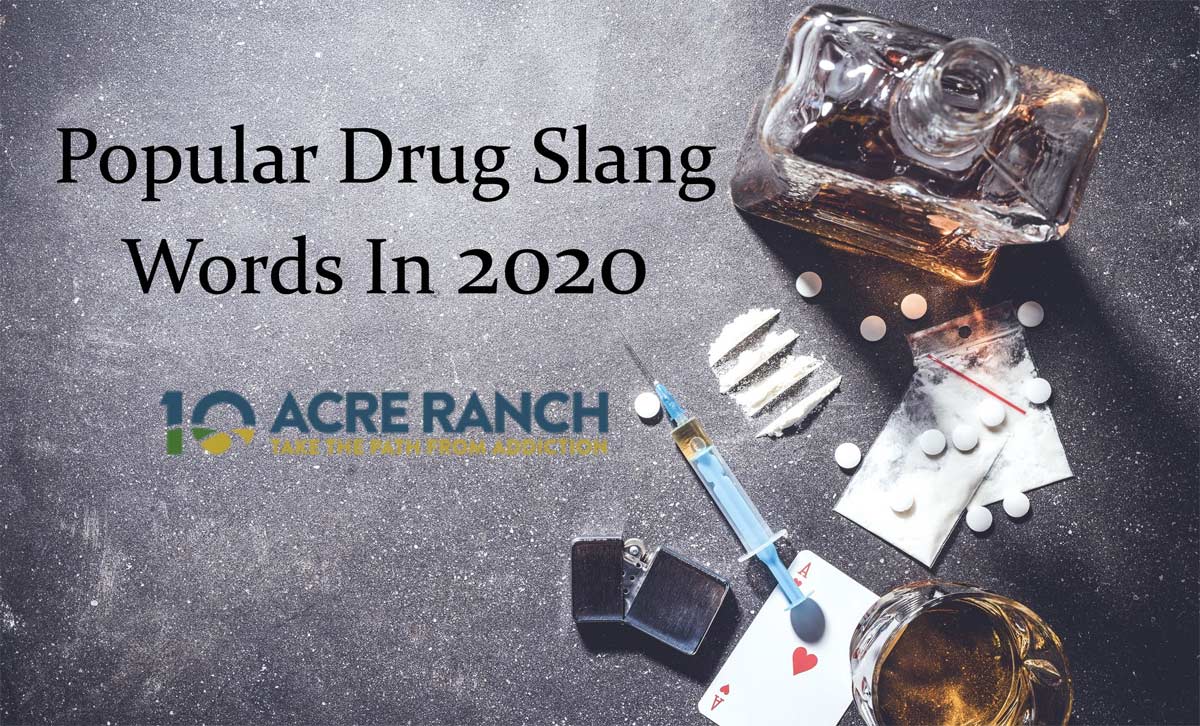
The word slang is often used to describe language whose meaning is very informal and is commonly understood only by a certain group of people within a given context. Some popular slang terms that are used today include words like “salty” and “extra”. The word “salty” usually means a person is unnecessarily annoyed, upset, or bitter while “extra” means someone is displaying behavior that is considered to be over-the-top or dramatic. Historically, other generations have had their own set of popular slang terms, things like “rad”, “totally tubular”, or “far out” were other common terms that were only understood by a certain group of people in the past. While slang language is used by a large variety of the population, it is also widely practiced among teens and other members of the drug community.
The reason why they use slang words for drugs is to help conceal their actual meaning from their parents, or other people who might suspect they have a problem, when they are talking about drugs or alcohol. Unfortunately, there are slang words for just about every popular drug that is out there. If you are a parent of a teen and you suspect they might be abusing alcohol or other illicit substances, and are using slang terms to conceal it, or if you suspect another loved one or a friend, then here is a common list of some popular drugs and the slang terms that are associated with them.
Marijuana
Marijuana is a psychoactive drug made from the cannabis plant. It is often smoked in things like “blunts”, “bowls”, “swishers”, “bongs”, or “doobies”. It can also be eaten in “edibles”, “space cake”, or “hash cookies”. Marijuana became popular in the 70’s and is still a widely used substance among teens and other drug users. Some other names for marijuana include:
- 420
- Hash
- Dojo
- Mary Jane
- Herb
- Pot
- Reefer
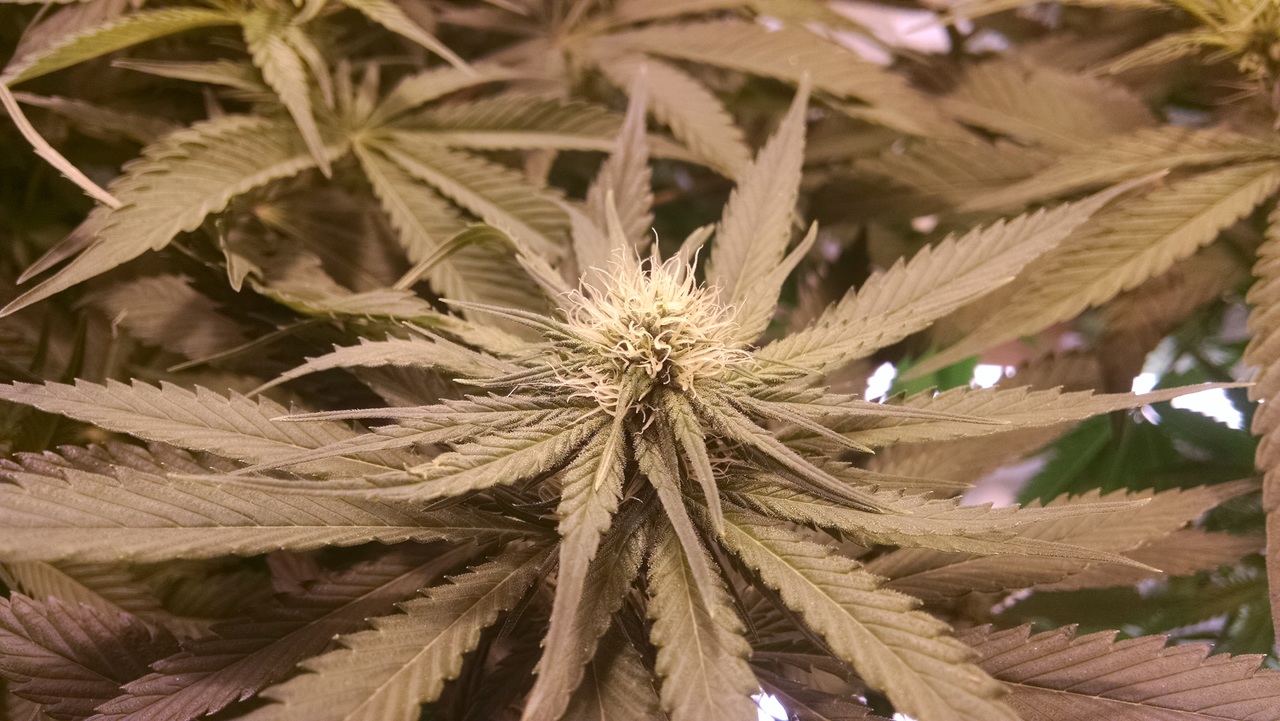
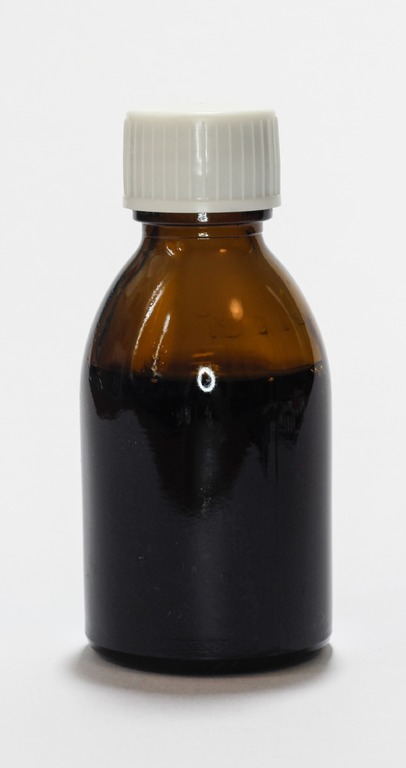
Dextromethorphan (DXM)
DXM is found in numerous over-the-counter medications, most commonly in cough medications. It is abused by many teens and young adults as it’s readily available for purchase at almost any market or grocery store. Dextromethorphan has hallucinogenic and psychoactive effects when taken in abundance, it can also have very severe side effects. Common names for DXM include:
- Robo
- Red Devils
- Triple C
- Velvet
- Juice
- Tussin
- Gel
MDMA
MDMA, or 3,4-Methylenedioxymethamphetamine, is a dangerous psychoactive, synthetic drug that is popular among youth at places like dance parties, raves, or nightclubs. The drug is known to create a “euphoric” high along with other things like increased energy, but it has been known to cause some serious side effects such as addiction and even death, especially when combined with other substances such as alcohol.
Common drug slang words for MDMA include:
- Ecstasy
- XTC or X
- Molly
- E or E-Bomb
- Love Drug
- Disco Biscuits or Dancing Shoes
- Beans
- Candy or Skittles
- Thizz
- Vitamin E, Vitamin X, or Malcom X
- Rolls
Cocaine
Cocaine is extracted from the leaves of a coca plant and is normally seen in the form of a white powder. It can be snorted, smoked, or injected. It is a powerful and dangerous nervous system stimulant that can have many adverse effects. It has been known to last anywhere between 15 minutes to an hour, making it highly addictive with an increased risk of overdose. Some slang terms that are often associated with cocaine include:
- Coke
- Blow
- Powder
- Dust
- Nose Candy
- White
- Devil’s Dandruff
- Ice
- Charlie
- Bump
- Yale
Methamphetamines
Methamphetamines are a powerful class of stimulants that affect the central nervous system. Meth is usually seen in the form of a crystal like powdery substance that comes in rock-like chunks, sometimes being compared to “shards” of glass. Crystal meth is highly addictive and extremely dangerous. It is one of the most widely abused substances. It is also reported to have the highest relapse rate among users. Some other common names for methamphetamines are:
- Crank
- Chalk
- Crystal
- Glass
- Shards
- Gak
- Fire
- Speed
- Ice
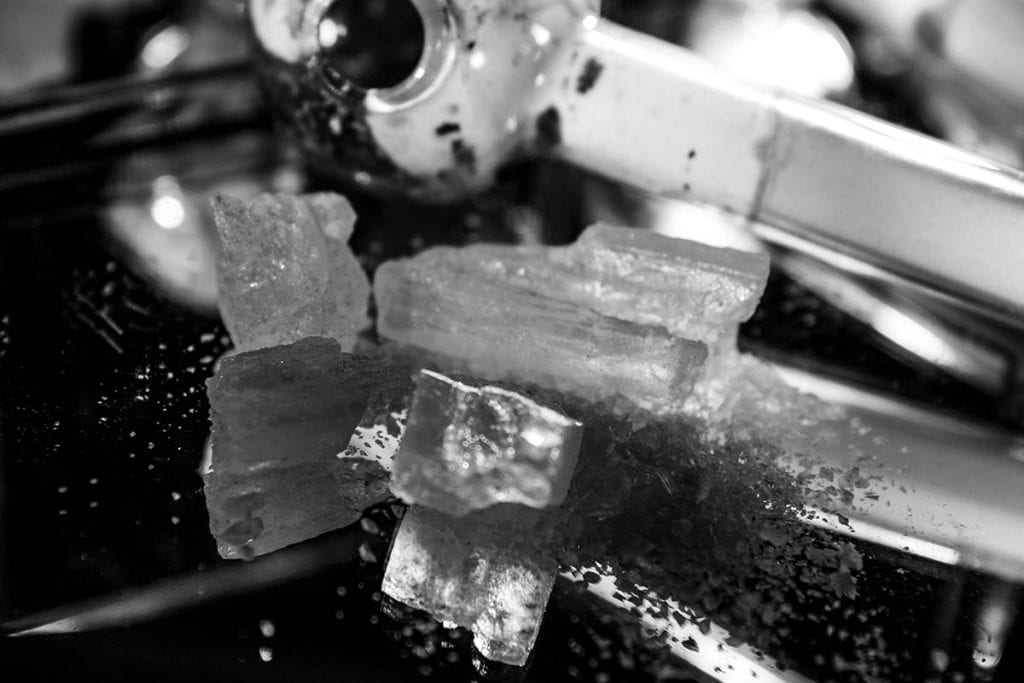
Heroin
Heroin is a high strength opioid made from a powerful drug known as morphine, which is derived from a naturally occurring substance produced from various poppy plants that are grown in places like Asia, Mexico, and Columbia. It is also very highly addictive and has caused a widespread pandemic that has swept across the country. It can be injected, snorted, or smoked. Heroin is commonly mixed with things like cocaine or meth, a deadly mixture known as a “speedball”. Other words associated with heroin include:
- Black Tar
- Smack
- Dope
- Black
- Tootsie Roll
- Brown Sugar
- Junk
- Anti-freeze
- Dragon
LSD
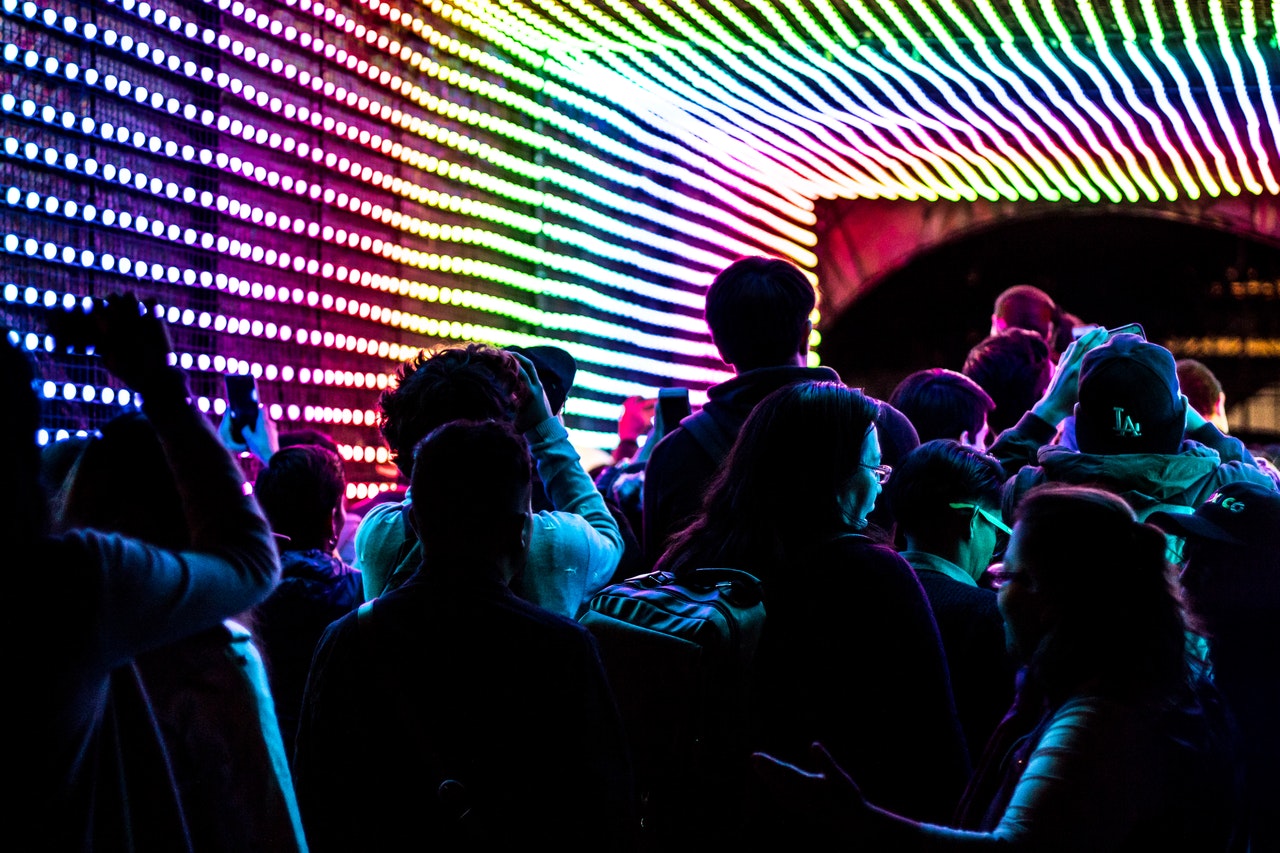
Lysergic acid diethylamide, also known as LSD, is a popular hallucinogenic drug that is common among teens and young adults. LSD is usually seen in liquid form, it can be “dropped” on pieces of candy, paper, or even sugar cubes. It can also be seen as gel tabs or in the form of capsules. It is a highly dangerous and mind-altering drug that often leads to lack of inhibitions and is associated with serious adverse side effects. Other drug slang words for LSD are:
- Cid, Acid, or Battery Acid
- Lucy or Lucy in the Sky with Diamonds
- California Sunshine, Hawaiian Sunshine, or Yellow
- SunshineDots
- Doses
- Looney Tunes
- Tab or Tabs
- Hippie
- Blotter
Ketamine
Ketamine is a medication mainly used for starting and maintaining anesthesia. It induces a trance-like state that helps to pain relief and sedation. It is a clear liquid or off-white powder. While it is sometimes used for medicinal purposes in both the human and veterinary fields, it is also highly abused by adolescents and members of the drug community. Ketamine has been known to have hallucinogenic effects and can cause respiratory distress and overdose when taken consumed for illicit purposes. Ketamine is commonly referred to different drug slang words on the street, such as:
- K or Special K
- K2, Super K, or Vitamin K
- Cat Valium
- Purple
- Jet
- Lady K
- Kit Kat
- Special Coke
- Super Acid
These are just a few of the terms associated with the most commonly abused drugs. It is important to keep an eye, or an ear, out for anything that seems out of the ordinary or where the meaning is unclear. Any phrases or words that seem to be used out of context or repeatedly are other clues that it may be a slang term, trying to conceal drug or alcohol abuse. If you have concerns about a loved one who might be struggling with an addiction, please call us. We are available 24/7.






